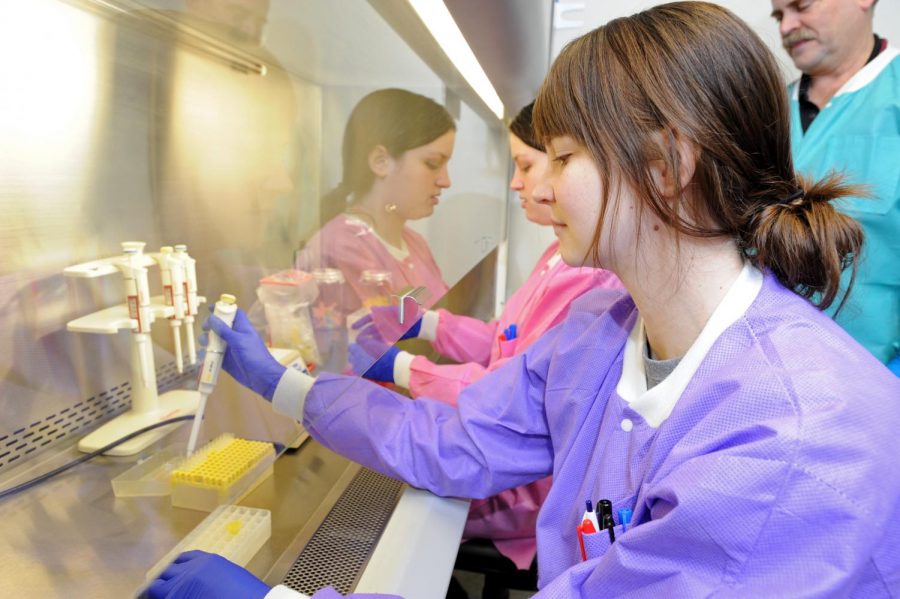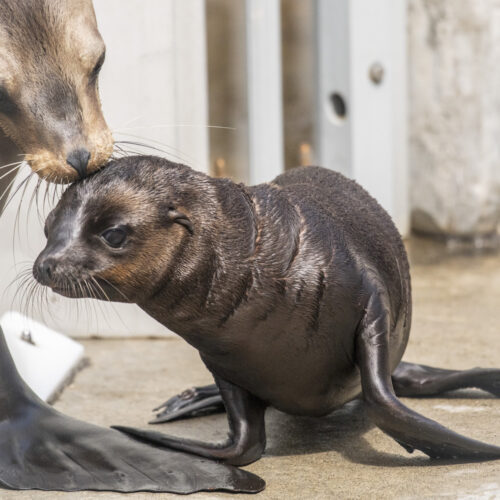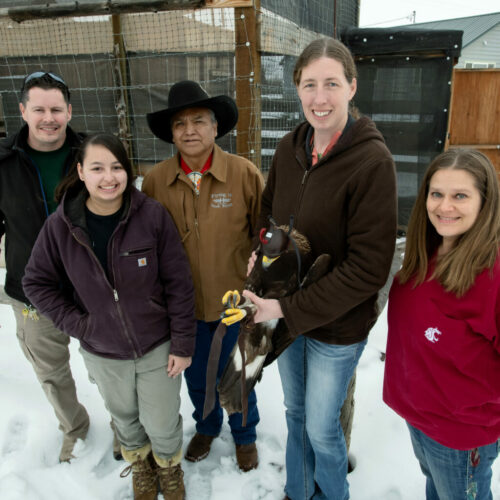
WSU Researchers Explore Questions Of Coronavirus Spread Between Humans And Their Pets
Listen
Are your pets at risk from COVID-19? According to animal scientists, no. The risk is low as there has not been an increase in the number of pets with respiratory issues.
However, data on animals becoming sick is limited.
Even though animals can carry the virus, there is currently no evidence pets can transmit it to you.
But Tim Baszler, who directs the Washington Animal Disease Diagnostic Laboratory at Washington State University, is worried about misinformation.
“If pets were perceived as transmitters of this disease, there would be large numbers of pets being abandoned to shelters or euthanized,” Baszler said.
ALSO SEE: Coronavirus News, Updates, Resources From NWPB
After an outbreak the Life Care Center in Kirkland, Washington nursing home made international headlines, WSU received calls from state agencies requesting test kits for the emotional support cats that live in the facility.
Baszler led the WSU team that created an animal test kit.
A positive result doesn’t mean the virus is active and causing symptoms. It only confirms the virus – or maybe parts of it – are present.
The primary goal of these tests is to collect data, and to help scientists learn how the virus impacts animals.
WSU researchers say that if you think you have COVID-19, you should isolate with your pets.
“Have a quarantine similar to what’s going on with the humans,” Baszler advised. “That’s 14 days currently.”
But he strongly reiterated: COVID-19 is not a reason to surrender your pet.
Currently, there’s been no documented uptick in animals being abandoned or euthanized.
Related Stories:

A sea lion pup joins Point Defiance Zoo & Aquarium
The Point Defiance Zoo & Aquarium welcomed a new member into its marine family last month: a California sea lion pup.
Already, Pepper is a spicy and playful pup, said Jen DeGroot, curator of marine mammals and birds at the zoo.

New golden eagle to provide Yakama Nation with sacred ceremonial feathers
Yakama Nation aviary biologists Michael Beckler (left) and Alyssa Woodward pose for a photo with Yakama Nation Tribal Council member Terry Heemsah (center) as Washington State University wildlife veterinarian Dr.

Traveling across the Northwest for the holidays? Maybe leave the dog safe at home
A mysterious disease in dogs is sickening hundreds of animals across the country, and killing some. That could be problematic this week as many people leave their animals in boarding















